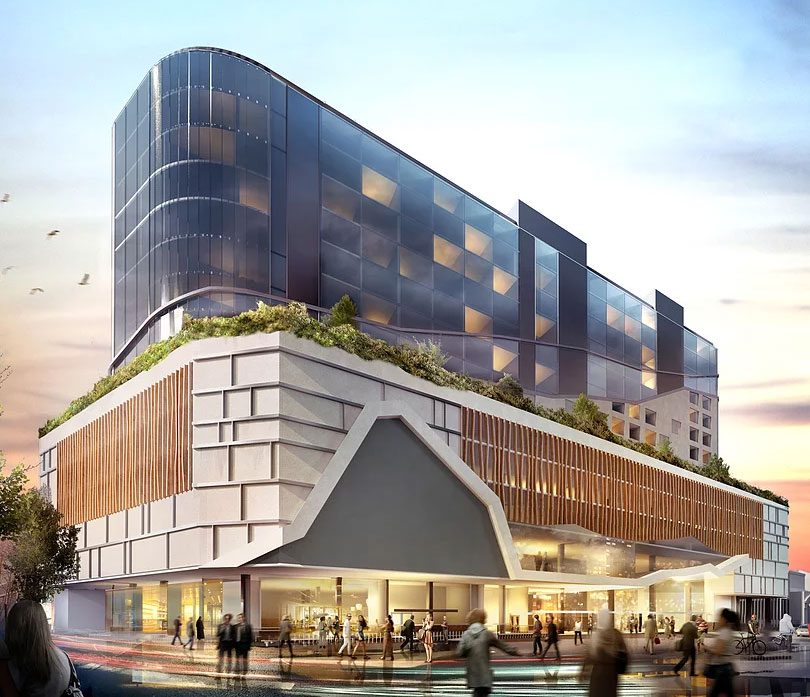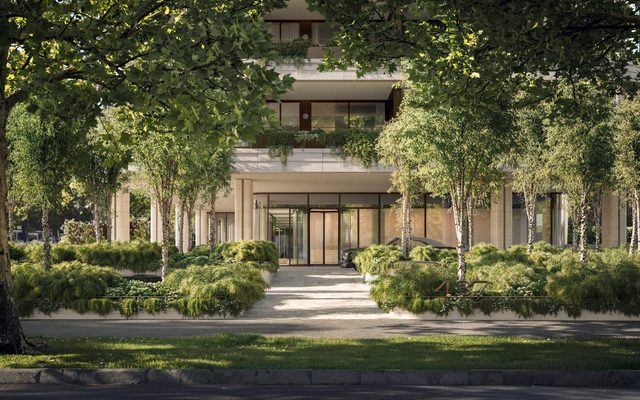This article is from the Australian Property Journal archive
EXCLUSIVE: SINGAPOREAN group Fragrance has offloaded a controversial Hobart site that formed part of its $230 million plans to build two city towers that would been the capital’s tallest.
The deal arrives as the planning tribunal last week dismissed an appeal against the group’s plans for a $50 million hotel in Launceston of 44 metres.
Title records show Fragrance has sold 2-6 Collins St on the eastern point of Hobart’s CBD to Tasmania-based Blackstone Industries Pty Ltd.
It is believed that Fragrance sold the site for much more than what it paid, although rumours that it doubled its initial outlay may be off the mark.
Australian Property Journal contacted Fragrance however the group did not comment.
The off-market deal is expected to settle by mid-January.
Fragrance, which owns a bevy of sites across the city and the state, bought the 3,009 sqm parcel on the corner of Brookey Hwy for $2 million in 2016, and lodged an application with Hobart City Council the following year for a 495-room hotel building rising 75 metres.
At the same time, it also submitted plans for a 400-room hotel at 28 Davey St standing 120 metres. The pair would have been the tallest towers in Hobart.
Public backlash saw the Fragrance cut the height of 2 Collins St down to closer to 50 metres, but even then the project received 1,459 representations – all but three were against the hotel – in what local paper The Mercury revealed this year was the highest number of official public comments ever received for Hobart development plans.
The revised design included 256 rooms, a 1,000-seat conference hall and other conference facilities, meeting spaces, restaurants, retail, pool, wellness centre, and three levels of car parking with 167 spaces. Hobart City Council formally rejected the development in January of 2019.
Plans for Davey St were put on ice and were eventually turfed. A new application has been put forward for that site in recent months.
Fragrance has been no stranger to contentious designs in Tasmania. Just a month before the Council rejected the Collins St tower, it slapped down plans for an $80 million twin residential and hotel tower project in North Hobart – that had come in second on The Mercury’s list of representations.
Even the Launceston project has touched a nerve with some, given it will incorporate a number of existing and heritage buildings along Cimitiere St and Tamar St.
Fragrance has experienced some success with the Hobart Council recently also. In September, it was granted approval for a 45-unit apartment block on the former Conservatorium of Music site on Sandy Bay Rd after trimming the height from 33 metres to 27 metres.
Fragrance is headed up by Singaporean billionaire developer James Koh, who is also known as Koh Wee Meng. Two years ago, it emerged as the developer that acquired the former Myer property at 179 Macquarie St – having previously appealed against development plans for the site, which is next to its Ibis Styles Hobart hotel. It is currently building a new nine storey hotel on the site.
The acquisition gave the group controls over nearly the entire western frontage of the Hobart CBD street between Harrington St and Barrack St, except for the Travelodge site.
Earlier this year – at the onset of the pandemic – Fragrance added the Devonport Waterfront Hotel to its Tasmanian holdings in a $40 million deal. Vendor and builder Fairbrother had just started construction of the 187 room hotel, on the former site of the Best St Harris Scarfe store.
In Melbourne, the group’s $315 million curved hotel and residential skyscraper on Spencer St in Melbourne’s CBD topped out in the middle of this year.
Also in the city’s west end, it was announced this week that Amazon will anchor the first office tower to be built within Charter Hall’s new $1.5 billion development at 555 Collins St, which Fragrance offloaded to the fund manager for $140 million two years ago. Fragrance had purchased the property for $78 million in 2014 gained approval for a 625-unit residential tower, but struggled with pre-sales.




